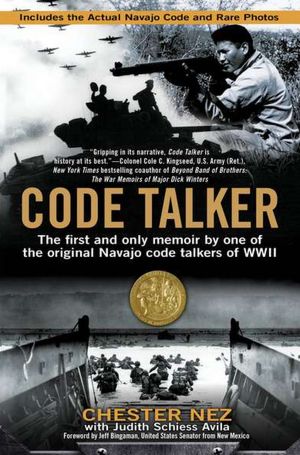E Block reviewed yesterday's lab and then moved into a discussion of momentum and impulse, which was the lab's focus topic. Make sure you can explain each of those ideas, as well as implications of the impulse-momentum theorem. We'll go over your homework problems tomorrow, but they should go pretty quickly since you performed the same calculations for your lab analysis.
B and F Blocks had their discussion of conservation of momentum. Remember that conservation of momentum is a system-based concept. It is absolutely expected that the momentum of individual objects changes after a collision. It is the system's total momentum that remains unchanged. A gain by one is matched by an equal loss in the other. We looked at how conservation of momentum arose from Newton's 3rd Law of Motion and the concept of impulse and how to perform calculations with various conservation of momentum situations. We'll go over those homework items tomorrow before striking out into the different forms of collisions.
C Block spent the period reviewing conservation of momentum and examining perfectly inelastic collisions. For this type of collision, we expect to see a reduction in kinetic energy, although momentum is still conserved system-wide. For these collisions, we assume that the objects stick together and move as a single unit after the interaction and that kinetic energy is lost in the deformation of the objects, as well as though sound and heat due to friction. We'll hit elastic collisions after tomorrow's lab on the impulse-momentum theorem.
For everyone - exam on Wednesday, so start appropriate time and resource management techniques now...
10/27/11
Subscribe to:
Post Comments (Atom)







No comments:
Post a Comment